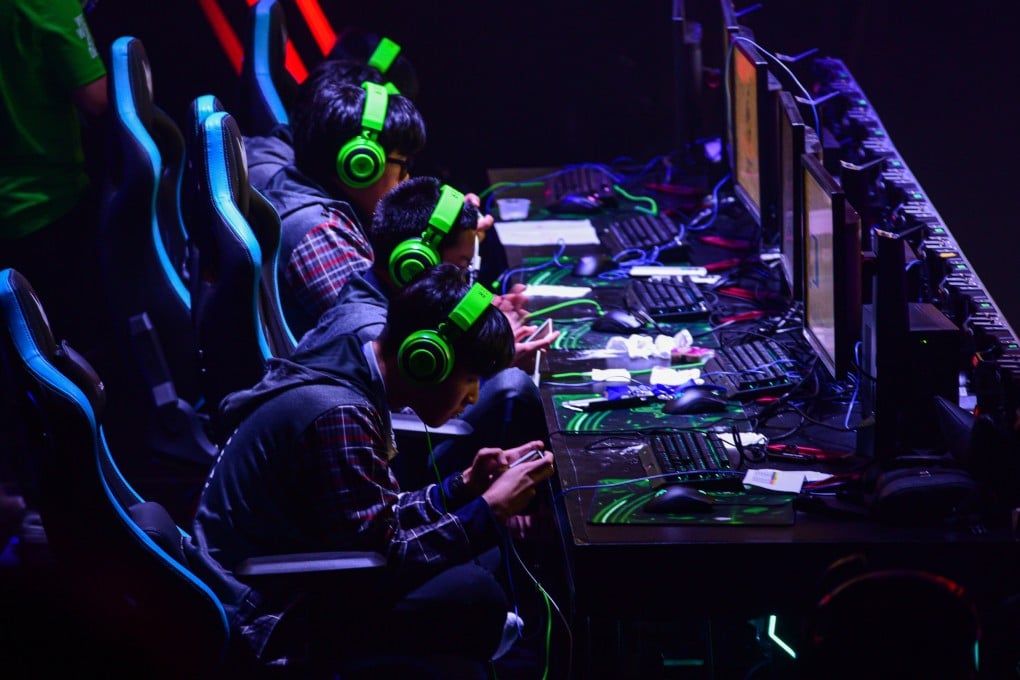E-sports and the Philippines: an electronic love story
- Professional gaming has come a long way en route to becoming a history-making medal event at last December’s Southeast Asian Games in Manila
- As e-sports booms around the world, the Philippines has a thriving community of gamers keen to take their competition to the Olympics

By the end of the campaign, the Philippine e-sports team had won three gold medals, the most of any team.
The regional championship, which took place last December, was the first time e-sports was a medal event at a multi-sport competition approved by the International Olympic Committee – which makes it all the more unthinkable that a month prior, Acampado was not even sure if he would be taking part.
“I didn’t want to [join] at first,” he said, explaining that he had actually considered retiring from professional gaming in 2017. “But when I got to the opening ceremony and saw thousands of people supporting the players, I felt humbled and that really drove me to win.”
Those words captured not just his victorious feeling, but that of the entire local industry.